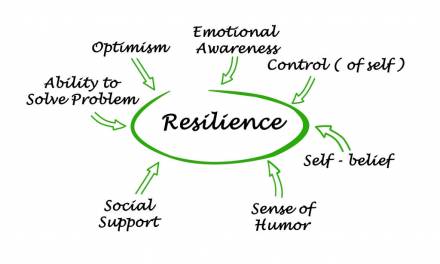School hours are limited, and educators often feel the impact of this time constraint on the quality of education. Additionally, these educators often feel exhausted from dealing with students with disruptive behaviour. Outstanding teaching and learning depend on effective continuing professional development (CPD).
The solution for improving the quality of teaching and service educators provide is the twilight session organised by the school authorities. These sessions aim to deliver teacher training and contribute to the whole-school improvement.
What are twilight sessions?
Five days a year are set aside for teachers in local authority schools to work in the building without any students present. The “In-Service Training” days are also “INSET days.” Every school decides its own ‘INSET days.’ These days are defined by the twilight training or sessions provided to educators to improve education and training methods. However, nowadays, these training sessions are more comprehensive than the days of ‘In-Service Training.’ Staff training is also allocated at the end of the school day or during the twilight period. (Between 16:00 and 19:00).
However, there are contradictory views about the appropriate time for this staff training.
Some teachers believe that the twilight sessions are beneficial because they do not overlap with the teaching time and don’t compromise the academic timetable. However, others believe that twilight sessions have a slight added advantage as the teachers and the staff cannot give their whole after a tiring day of lectures. Additionally, the staff considers teaching goes beyond the actual school hours with grading assignments and lesson planning. Twilight training interrupts with that. However, no matter the time, all of these training sessions aim to facilitate continuous professional development (CPD), which in turn enables the overall growth of the learners.
Impact of Twilight Sessions on the school and pupil growth
Teachers are themselves always striving for continuous professional development for the betterment of the education of the learners. When schools want to prioritize ICT training but are unwilling to give up a full day, twilight training works well for them.
Aims of Twilight Training
Twilight training sessions provide the teachers and educators with knowledge, resources, and ideas to create a more supportive, encouraging, and learning environment for the students. Several techniques are taught to the staff to deal with students with disruptive behaviour and improve their performances.
The aims of these one-hour sessions offered after the school day ends are summarised below:
• The sessions offer a variety of methods that staff members can employ in their fields of expertise.
• These sessions focus on assisting educators in further integrating the abilities acquired in the complementary student workshop.
• These sessions also equip educators with the information they need to support and encourage students in their educational journey.
Specific organisations provide complementary student training where students are taught new skills and methods to make learning engaging and fun. These student pieces of training are complemented with twilight sessions where the teachers are trained to help the students better accommodate their training. The Teacher Twilight sessions enhance the value students gain from the workshops they were taught that day, whether they were on learning, motivation, goal setting, or well-being.
Benefits of twilight training
The twilight sessions are fun, engaging, and interactive, providing various practical tools and techniques for the teachers. The Twilight workshops help equip staff members with the tools they need to help students develop their new abilities and understand how these abilities can be used in their subject area. The Teacher Twilight sessions enhance the value that students derive from their workshops.
Students with behavioural issues disturb not just their education, but also their fellow students. Where there is a pattern of disruption in attendance at school, the achievement is likely to suffer. However, these twilight sessions provide individualised attention to the students. During these sessions, the teachers develop strategies to tackle these behavioural problems and make studies engaging for these students. Hence, the twilight sessions contribute to the improvement of the student’s behaviour and academic performance.
With the improvement of all the children, the academic growth of the whole school improves. Also, many positive behavioural impacts are seen across the students and staff. The effect of twilight sessions can also be felt in the students’ behaviour beyond the campus. Parent twilight sessions are conducted to help the parents learn more about creating a supportive atmosphere for the children’s growth. Hence, twilight sessions benefit all aspects of a student’s development in and outside school.
To learn about a platform that knows about the benefits of twilight sessions and how one-to-one support can support student progression visit EDClass. You can call the team on 01909 568338, send an email to mail@edclass.com, or book a free online demonstration here or by clicking the image below.











